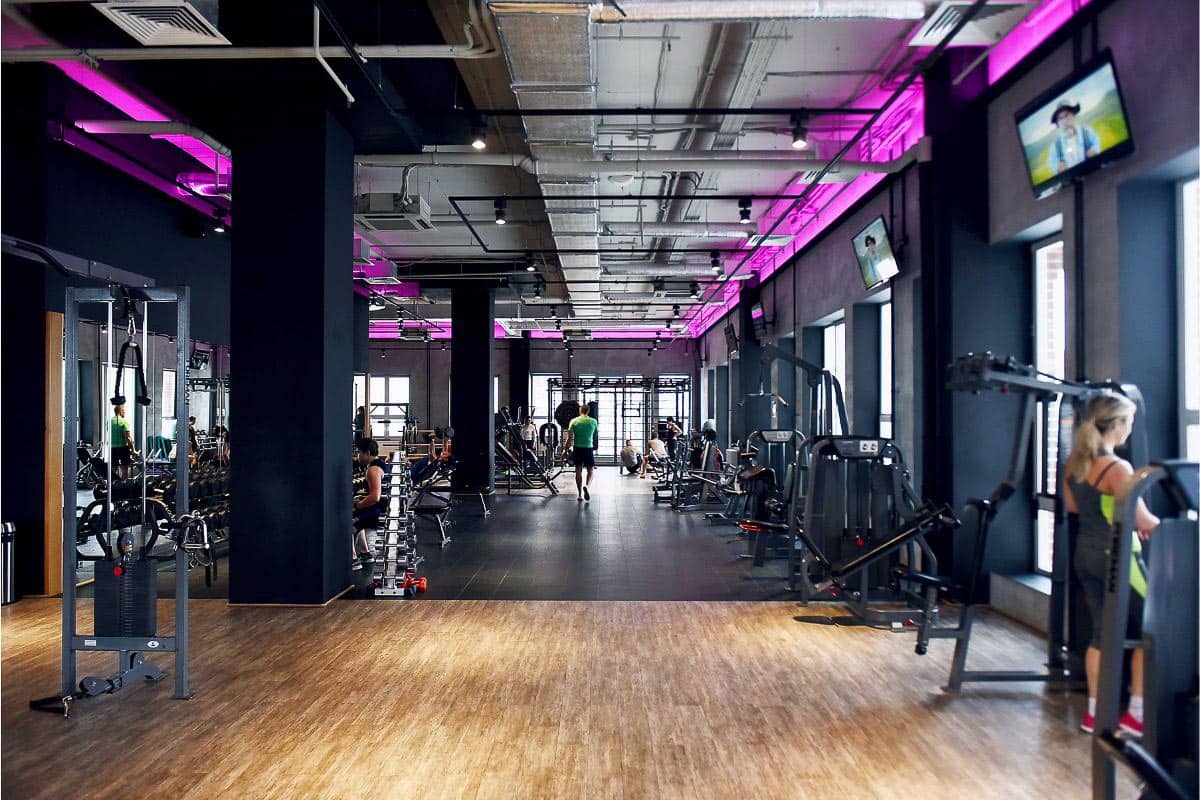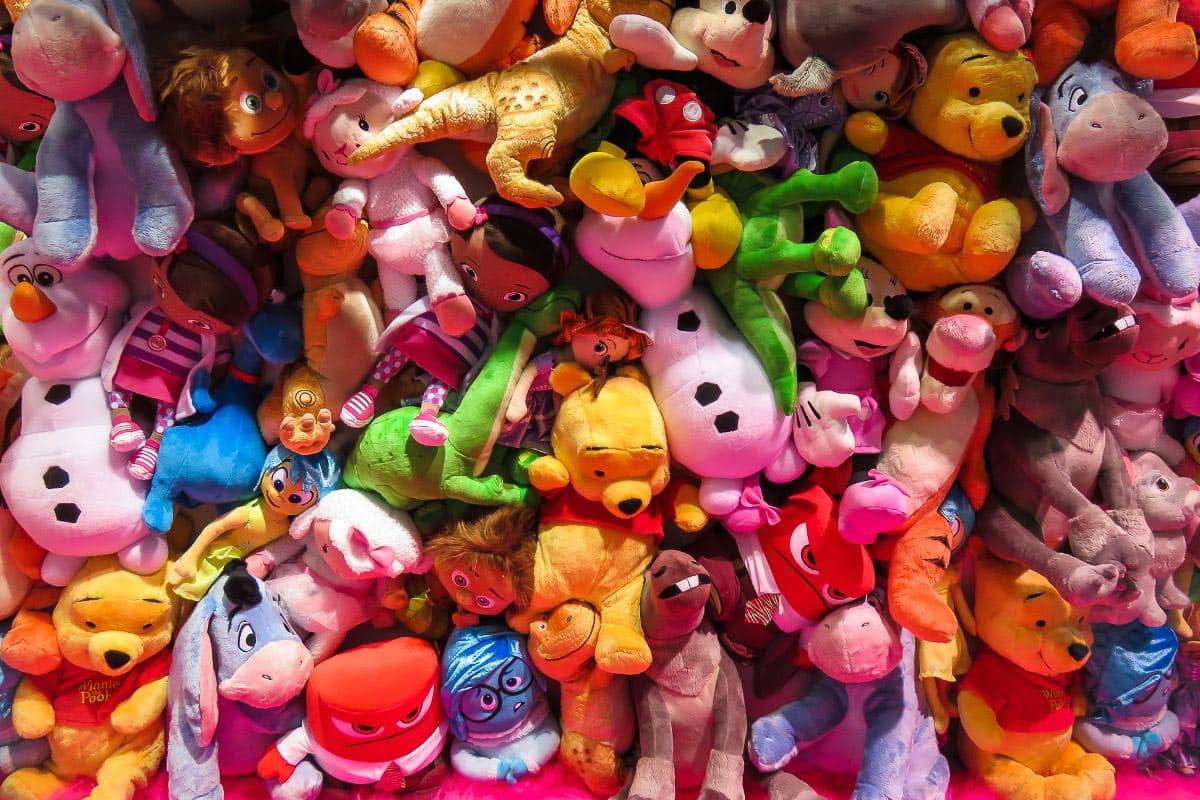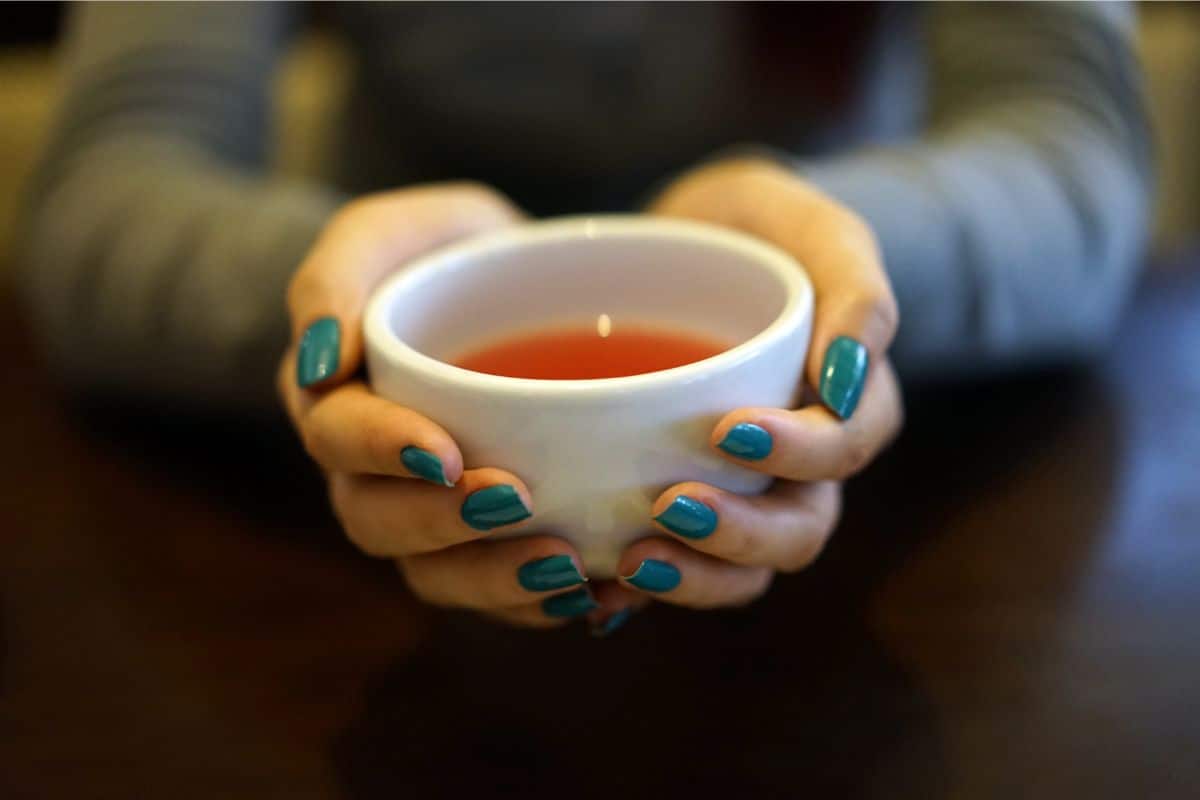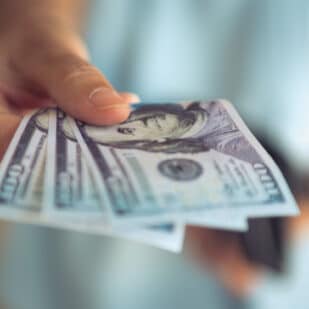In the grand tapestry of American consumerism, there are threads of regret woven through the vibrant patterns of spending. It’s a common tale: the initial rush of a purchase followed by the sinking feeling of buyer’s remorse.
The High Cost of Keeping Up Appearances

One of the most significant sources of regret stems from trying to keep up with the Joneses. The pursuit of the latest designer fashion, the sleekest cars, or the most advanced tech gadgets often leaves consumers with a hollow feeling. The depreciation of these items, both in value and personal satisfaction, is as rapid as their acquisition.
The Timeshare Trap: Vacations with a Side of Regret

Timeshares have been sold as a slice of paradise, a home away from home. Yet, they top the list of regrets for many Americans. The hidden fees, the maintenance costs, and the difficulty in exchanging weeks have turned what should be a relaxing getaway into a source of financial and emotional stress.
The Fitness Fiasco: Unused Gym Memberships

January sees a surge in gym memberships, but as the year progresses, attendance wanes, leaving many with monthly withdrawals and a pang of guilt with each bank statement. The commitment to a year-long contract is often at odds with the transient nature of motivation, leading to a cycle of waste and regret.
The Gourmet Gamble: High-End Kitchen Gadgets

From air fryers to espresso machines, Americans love the allure of a well-equipped kitchen. However, the reality is that many of these gourmet gadgets gather dust, taking up space and serving as monuments to culinary aspirations that are rarely realized.
The Fast Fashion Faux Pas

The allure of fast fashion is undeniable: trendy clothes at affordable prices. But the thrill of the buy fades fast, leaving wardrobes full of barely-worn garments that contribute to a cycle of waste and regret. The cost per wear of these items often makes them more expensive in the long run than investing in quality pieces.
The Big-Ticket Blues: Luxury Vehicles

Luxury vehicles are often seen as status symbols, but the steep depreciation, high insurance costs, and expensive maintenance can turn them into burdens rather than assets. The realization that a car is a depreciating asset leads many to rue the day they drove off the dealer’s lot.
The Subscription Seduction

In a world where everything from music to meal kits can be subscribed to, Americans often find themselves subscribed to services they seldom use. The convenience factor is overshadowed by the accumulation of monthly fees for streaming services, apps, and other digital subscriptions that are rarely utilized to their full potential.
The Home Improvement Illusion

While home improvements can increase the value of a property, they can also be a source of regret when done on a whim or without proper research. Expensive renovations that don’t pay off or DIY projects that go awry can lead to significant financial and emotional distress.
The Education Expense: Degrees with Diminishing Returns

Education is invaluable, but the cost of college has led many to question its worth. Degrees that don’t lead to gainful employment or the accumulation of student debt that outweighs the benefits of the education received are among the top regrets for Americans.
The Toy Story Turmoil

For parents, the desire to give their children everything can lead to a house full of toys that are quickly outgrown or ignored. The realization that experiences and time spent together are more valuable than the latest toy craze is a lesson often learned too late.
Certainly! Here are four additional expenditures that often lead to buyer’s remorse among Americans:
The Latest Tech Trend: Smart Home Devices

In the quest to have the smartest home on the block, many Americans invest in the latest smart home devices. From voice-activated lights to internet-connected refrigerators, these gadgets promise convenience but can often lead to frustration. Compatibility issues, the rapid pace of technological obsolescence, and privacy concerns can quickly turn these cutting-edge purchases into sources of regret.
The DIY Disaster: Overambitious Home Projects

The allure of do-it-yourself projects is strong, with home improvement shows and tutorials painting a picture of easy success. However, many find that their ambitions outpace their skills, leading to unfinished projects, unexpected expenses, and the realization that some things are better left to the professionals. The initial savings can be quickly overshadowed by the cost to correct mistakes.
The Extravagant Event: Over-the-Top Weddings

Weddings are a joyous occasion, but the pressure to create a fairytale event leads many couples to spend far beyond their means. The desire for the perfect venue, attire, and entertainment can inflate budgets to eye-watering amounts. After the confetti settles, couples often reflect on the fleeting nature of the day and the lasting impact of wedding-related debt.
The Membership Misstep: Wholesale Club Subscriptions

Wholesale clubs like Costco or Sam’s Club offer the promise of savings through bulk purchases. Yet, shoppers often find that the cost of membership and the tendency to buy more than needed can turn bargains into burdens. The result is pantries and freezers filled with excess, and wallets drained by the allure of a ‘good deal.’
The Common Thread

In each of these cases, the common thread is the tension between expectation and reality. A mindful approach to spending, focusing on long-term satisfaction rather than immediate gratification, can help avoid these common pitfalls. Remember, the best purchases are those that bring lasting happiness, not fleeting excitement followed by regret.
The Takeaway

These regrets serve as a reminder to consider the long-term value and joy that our purchases will bring. It’s not about forgoing spending but about making informed decisions that align with our values and long-term goals.
Miracle at 30,000 Feet: What Happens When a Baby is Born During a Flight?

Have you ever wondered What Happens If You Give Birth On a Plane? Who delivers the baby? Where do you deliver the baby? What is the child’s citizenship, and do they get free trips for life?
Is Cash Still King In Your Life? 13 Reasons People Still Carry Cash

Cash. It never used to be controversial, but these days it appears that there are those on both sides of the coin (so to speak). For those of us of a certain age we can remember our mothers always telling us to keep a $20 bill in our shoe or bra, in case of emergencies. Now many of us struggle to find a coin to put in the meter.
Cash lovers, and those who never carry it. What’s the reasoning, either way? A Redditor was thinking the same thing, and asked the question, Do You Still Carry Cash? These are the answers they got. Read Is Cash Still King In Your Life? 13 Reasons People Still Carry Cash
Ditch the Coffee? How Tea Can Improve Your Sleep and Boost Energy!

Research by the Sleep Foundation reveals that a significant 94% of Americans consume caffeinated beverages, and 64% do so daily. No wonder we are sleeping poorly. But it turns out what caffeinated beverage you drink makes a difference. Read More.






